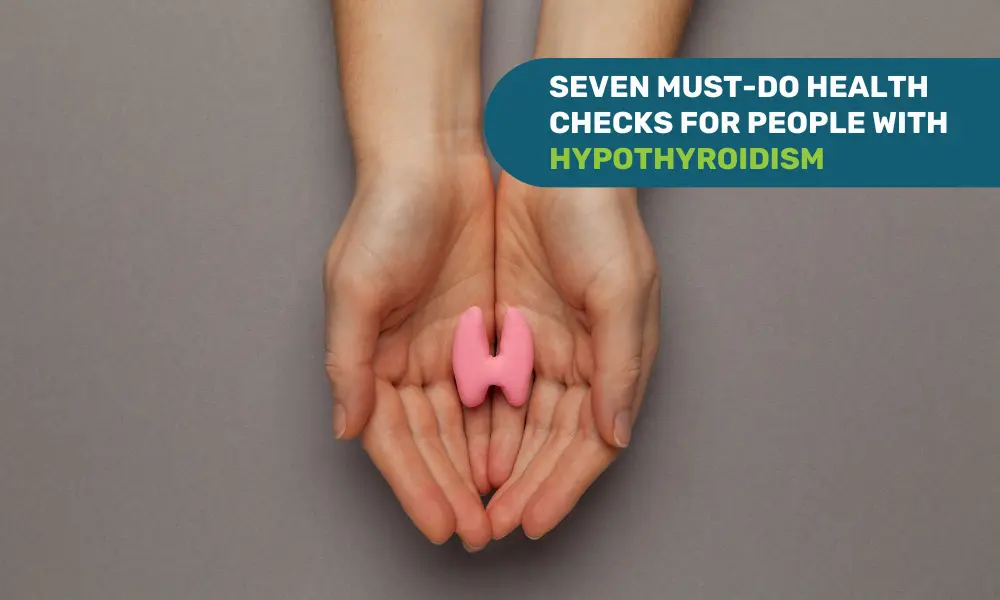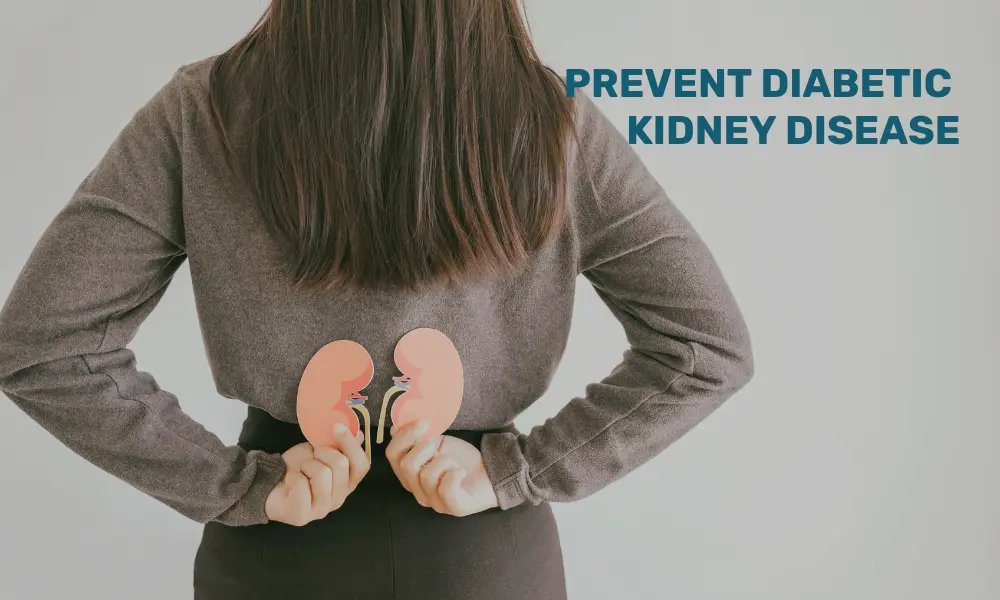Hypothyroidism may cause several other health complications, such as heart disease and sleep apnea. Therefore, it becomes essential for people with this condition to monitor their health regularly in order to ensure their overall well-being.
The thyroid is one of the most important glands in our body that impacts many functions in our body. It may affect our cholesterol levels and the quality of our sleep. It is crucial to monitor thyroid levels regularly. However, one should keep a check on several other health indicators also.
Untreated hypothyroidism may cause health complications like heart problems, goiter, infertility, and sleep apnea. Hypothyroidism, in the case of pregnant women, may cause serious health complications.
However, health changes related to hypothyroidism generally improve as the thyroid hormone levels may return to normal with the treatment. Therefore, individuals with this condition must be on top of other health aspects and not miss the seven health checks listed below.
-
Complete Blood Count (CBC): Individuals with severe hypothyroid disease are at risk of developing mild anemia and bleeding problems. This can affect platelets and clotting factors. A CBC test at regular intervals for people with hypothyroidism is a must-do health check. CBC includes the count of the following blood components:
-
Red Blood Cell Count
-
Hemoglobin
-
Hematocrit
-
White Blood Cell Count
-
Platelet Count
-
Lipid Profile: This test looks at the lipids, or fats, in the blood. People with hypothyroidism are prone to have elevated total and LDL cholesterol levels. Total cholesterol, including good HDL cholesterol, should be below 200 milligrams per deciliter (mg/dl).
-
Liver Enzyme Exam: This test is vital to check the health of the Liver. The Liver plays an important role in the chemical process that develops thyroid hormones, and untreated hypothyroidism can gradually cause problems in liver function over time. Further, people with hypothyroidism are bound to have liver problems. The results of a liver enzyme test can help the doctor decide on further treatment if required.
-
Sodium Test: Sodium (salt) is essential for managing water or fluids in our body. The average sodium blood test results should range from 135 to 145 milliequivalents per liter (meq/l). However, in severe cases, sodium levels may be lower than average. A check on sodium levels can help an individual seek required treatment timely.
-
Prolactin Test: The prolactin hormone stimulates the process of lactation, or breast milk production, in the human body. People with untreated hypothyroidism tend to have increased prolactin levels. Normal levels of prolactin for women who are not pregnant are 0 to 20 nanograms per milliliter (ng/ml), and for men, it is 0 to 15 ng/ml. This test is required if there is spontaneous breast milk production in the body even after the treatment.
-
Sleep Disorder Testing: Sleep apnea and sleep disorders can result from hypothyroidism. This is because hypothyroidism affects the tongue’s mobility, causing it to block breathing at night. Therefore, an individual with hypothyroidism may need sleep testing in addition to lab tests. A sleep study can help an individual determine if there is any such issue and treat it on time.
-
Nutrient Check for Magnesium and Vitamin D Deficiency: People with hypothyroidism may have too little magnesium, an essential mineral required by the human body. The same goes for vitamin D deficiency. These tests are usually needed in the case of muscle aches if they persist despite hypothyroidism treatment.
Hypothyroidism is a complicated health condition. We cannot prevent it completely, but we must keep a regular check on the thyroid levels and undertake the above tests if complications persist despite the treatment. To get a detailed thyroid test done, CLICK HERE.





